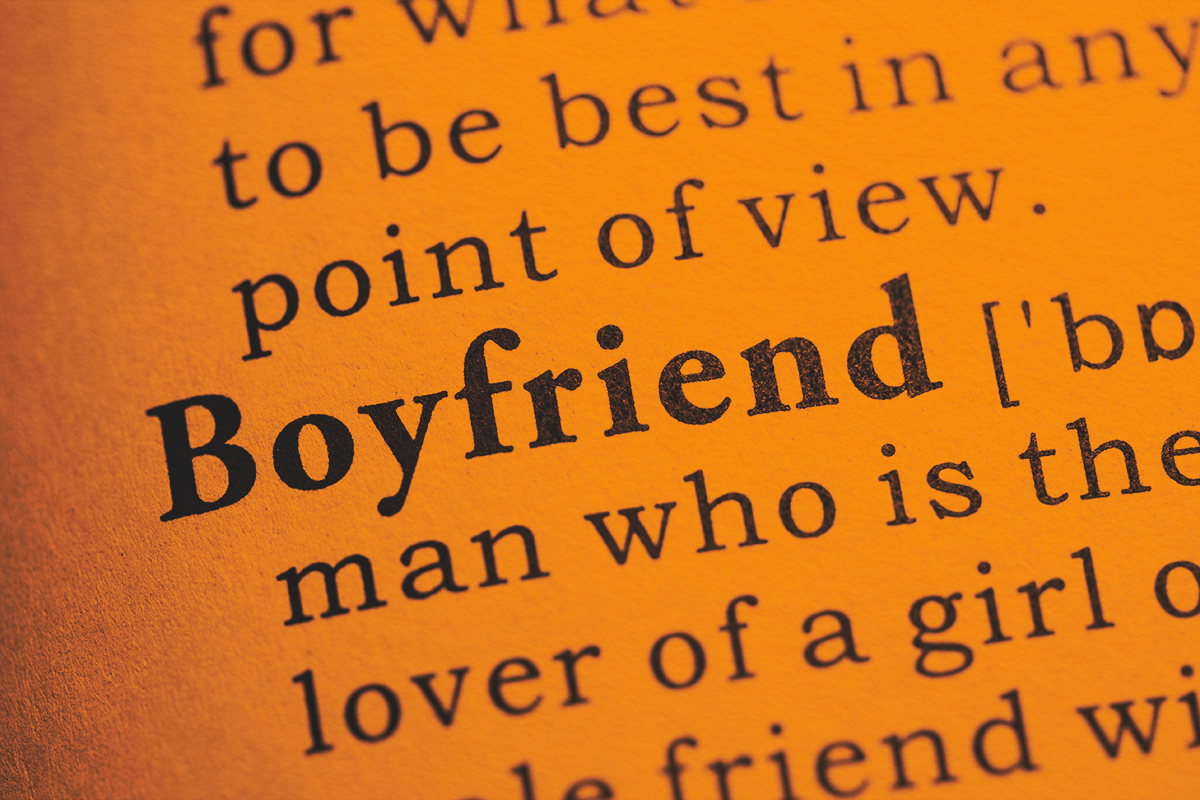
I can recall scratching my head in French class, puzzled about why je — the French equivalent of the pronoun “I” — isn’t capitalized. As it turns out, English is the odd one out in this respect; most other languages do not capitalize their version of “I.” From the Spanish yo to the Vietnamese tôi, a lowercase pronoun is the norm.
The story of our capital “I” can be traced back to 12th-century northern England, where the Old English term ic was shortened to i, which remained lowercase. It’s worth noting that older forms of the pronoun, such as the Old Frisian ik and the German ich, were still used during this time, especially before words that started with vowels, which helped with clarity and pronunciation.
By the mid-13th century, i morphed into the capitalized I, a necessary change due to illegible handwritten manuscripts. The documents were difficult enough to read already, and tiny, lowercase “i’s” often got lost in the mix. The pronoun needed to stand out as a distinct word, and capitalization was the easiest answer.
Now, you might wonder: Why aren’t any other personal pronouns capitalized? The objective case of “I,” “me,” is one of them. It remains lowercase simply because it had a different upbringing. From its inception, “me” has always been at least two letters long, derived from the Old English mē and traced back to the Greek me and Sanskrit mā. Since “me” never struggled to stand out — thanks to “m” and “e” being so visually distinct — clarification through capitalization wasn’t necessary. Instead, that honor is reserved solely for “I,” the one-letter word that simply needed a little boost.

















